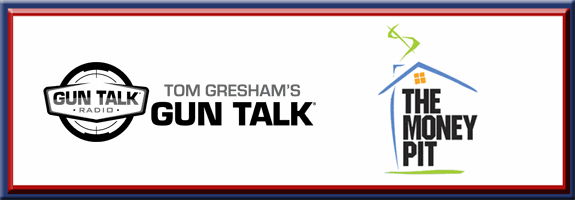SABO SEZ: The Fine Art of Talking with Talent
By Walter Sabo
a.k.a. Walter Sterling, Host
WPHT, Philadelphia, “Walter Sterling Every Damn Night”
TMN syndicated, “Sterling on Sunday”
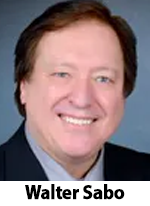 Talk show hosts are not motivated or driven like disk jockeys or salespeople. Most general managers have never managed talk show hosts. Few program directors have managed talk show hosts. My career has been blessed with daily exchanges with the best talk show hosts in history. Here are some suggestions I would like to share on how to have a superior relationship with talk stars.
Talk show hosts are not motivated or driven like disk jockeys or salespeople. Most general managers have never managed talk show hosts. Few program directors have managed talk show hosts. My career has been blessed with daily exchanges with the best talk show hosts in history. Here are some suggestions I would like to share on how to have a superior relationship with talk stars.
• Listen to the show. Talk hosts are performers committing an unnatural act. They are on a stage with no audience. They hear no applause, little immediate feedback, and this leads to paranoia. Was that topic good? Was the joke funny? You’re the audience.
• Give one “note” at a time. Whatever method you use to motivate a salesperson, do the opposite with on-air talent. Talk talent cannot work harder. They are working as hard as they possibly can every moment. You don’t have to motivate them to go on more sales calls. The motivation comes from telling a host what you enjoyed – what you thought was fun or funny. Compliments won’t make them take it easy; it will make them want more compliments – applause. Applause is the motivation.
You may hear several elements on a show that could be improved. Keep the list to yourself. Select the most urgent item that could be improved and share that one and only that one. Bring up another suggestion next week. Offering more than one “repair” can be devastating. Surround all suggestions with many compliments. It works.
• Unless a talent posts under your station’s actual social media account, their social media posts are frankly none of your business. Facebook is just not as important – not as your station. Let it go.
• No other entertainer has as hard a job as a radio talk show host. Talk show hosts have to create multiple hours from scratch. Actors on a sitcom need to learn 22 minutes of script – script they didn’t write; 11 writers did that for them. How much are you paying for writers for your talk shows? Oh! Entertainers in other media have production assistants, interns, writers, coaches, dressers, rehearsals. How much support staff do your hosts have? Oh! Talk show hosts perform a daily miracle for your company. Lunch barter isn’t enough.
Walter Sabo has been a C-Suite action partner for companies such as SiriusXM, Hearst, Press Broadcasting, Gannett, RKO General, and many other leading media outlets. His company, HITVIEWS, in 2007, was the first to identify and monetize video influencers. His nightly show “Walter Sterling Every Damn Night” is heard on WPHT, Philadelphia. His syndicated show, “Sterling On Sunday,” from Talk Media Network, airs 10:00 pm-1:00 am ET, and is now in its 10th year of success. He can be reached by email at sabowalter@gmail.com.



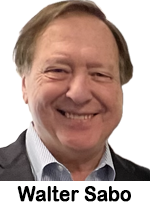 Humility means to be teachable. It’s the most important trait of great leaders and managers. For years I looked forward to focus groups to reveal the top-of-mind awareness of media among listeners. These groups always reminded us of a listener’s life priorities which never included radio listening! They taught us the correct secular language to use in promos and slogans, and what they remembered versus what we wanted them to remember.
Humility means to be teachable. It’s the most important trait of great leaders and managers. For years I looked forward to focus groups to reveal the top-of-mind awareness of media among listeners. These groups always reminded us of a listener’s life priorities which never included radio listening! They taught us the correct secular language to use in promos and slogans, and what they remembered versus what we wanted them to remember.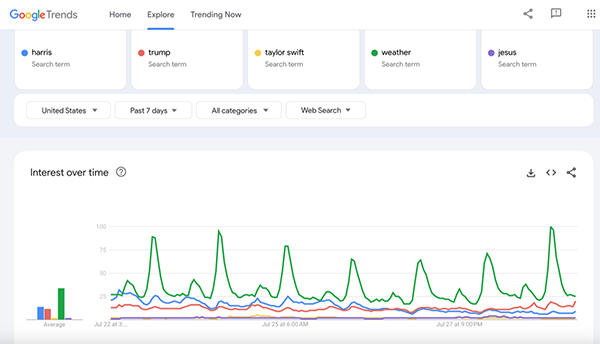
 This week, I started a five-night show on Audacy’s WPHT, Philadelphia. Thank you, market president David Yadgaroff. Because of my tenure in the industry, I received a flattering, humbling number of emails from colleagues in radio. THANK YOU. The support and encouragement are appreciated and certainly needed!
This week, I started a five-night show on Audacy’s WPHT, Philadelphia. Thank you, market president David Yadgaroff. Because of my tenure in the industry, I received a flattering, humbling number of emails from colleagues in radio. THANK YOU. The support and encouragement are appreciated and certainly needed!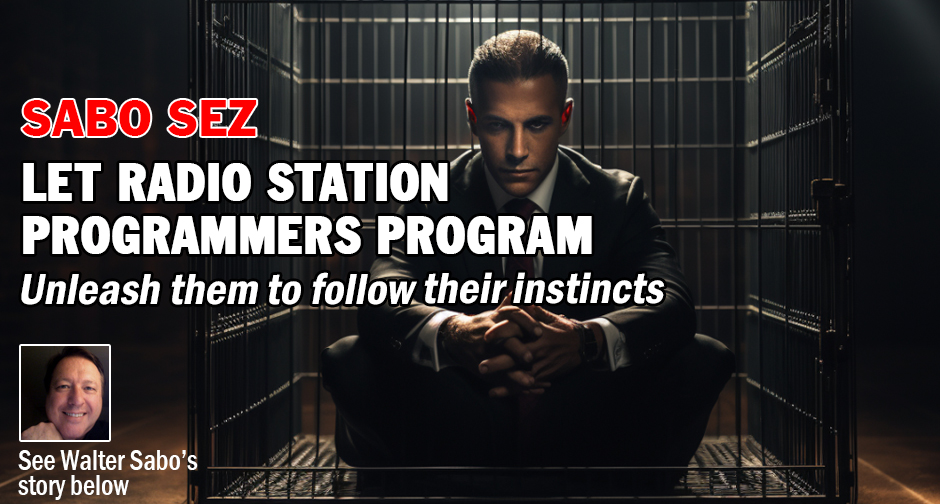
 Talk show talent, program directors, show producers and broadcast business decision-makers represent the core readership of this publication. Sometimes we are so close to something that we fail to see it for what it really is. That is the case of the “talk show host” in American radio. Michael Harrison refers to the often-shameless targeting of audiences as “the daily dance of affirmation.” I view the daily process of radio talk show hosting at its very core, as “the daily dance of freedom.”
Talk show talent, program directors, show producers and broadcast business decision-makers represent the core readership of this publication. Sometimes we are so close to something that we fail to see it for what it really is. That is the case of the “talk show host” in American radio. Michael Harrison refers to the often-shameless targeting of audiences as “the daily dance of affirmation.” I view the daily process of radio talk show hosting at its very core, as “the daily dance of freedom.”